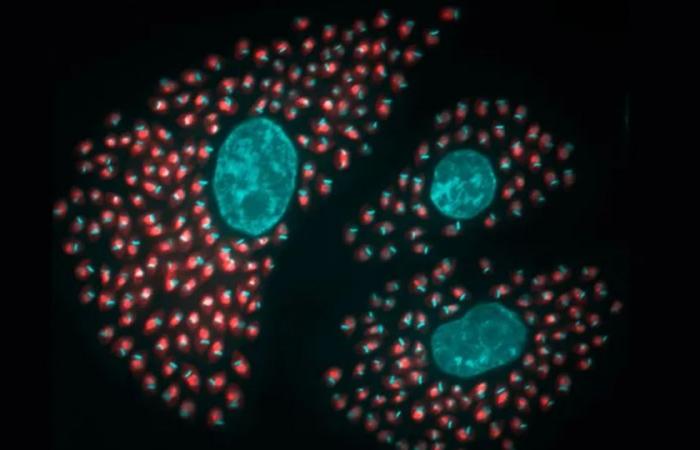
A study by specialists from National Council for Scientific and Technical Research (CONICET) and the National University of San Martín (UNSAM) proposes that an existing and approved drug By food and medication administration (FDA) for the treatment of certain types of cancer, it could be repositioned as a promising and potentially more effective alternative to treat patients with Chagas disease. The advance is described in the magazine Frontiers in Microbiology.
First, the research team identified a therapeutic target: A protein called TCSR62, which is expressed in the parasite Trypanosoma cruzi (cause of Chagas disease) and that is key to your life, infective capacity and multiplication once it enters the host cell. Then, by bioinformatics analysis and in vitro experiments with cells they verified that The Sorafenib medication (approved to treat certain types of cancer) selectively inhibits the TCSR62 function And as a consequence, it eliminates both the infective and replicative forms of the parasite.
“Our results indicate that TCSR62 is not only a promising therapeutic target, but also There are medications, already available in the market, which directly affect their function and could be reused to combat Trypanosoma Cruzi infection effectively And thus, provide a solution to patients in chronic phase, who today do not have satisfactory therapeutic options, ”he says Gabriela Levyleader of the study and researcher at CONICET at the Institute of Biotechnological Research (Iibio, CONICET-SAM).





